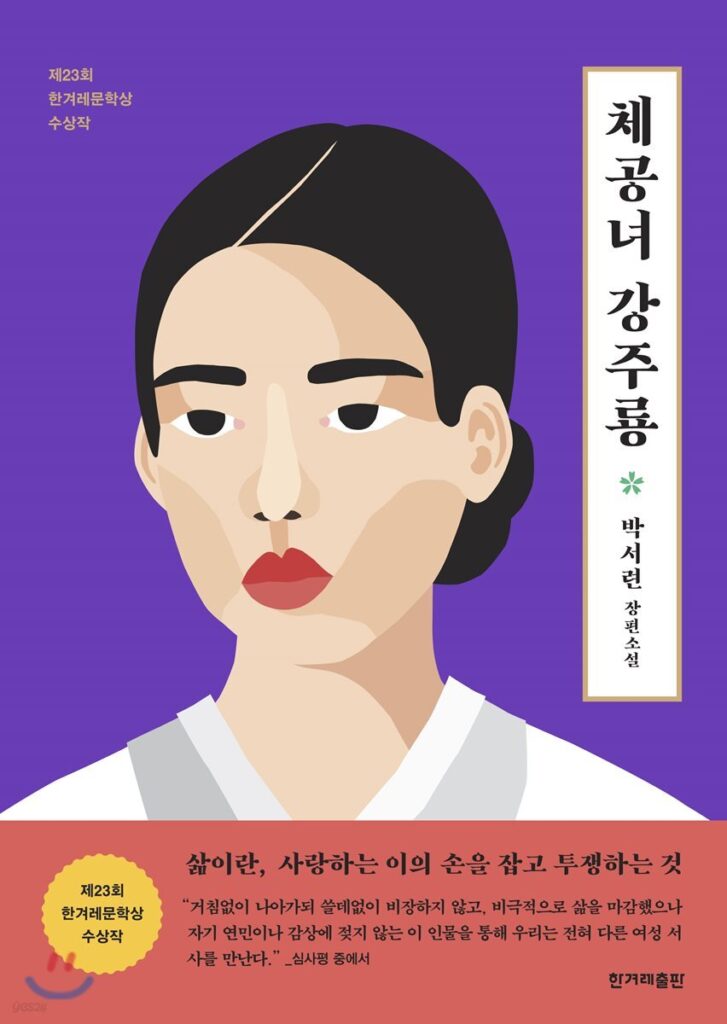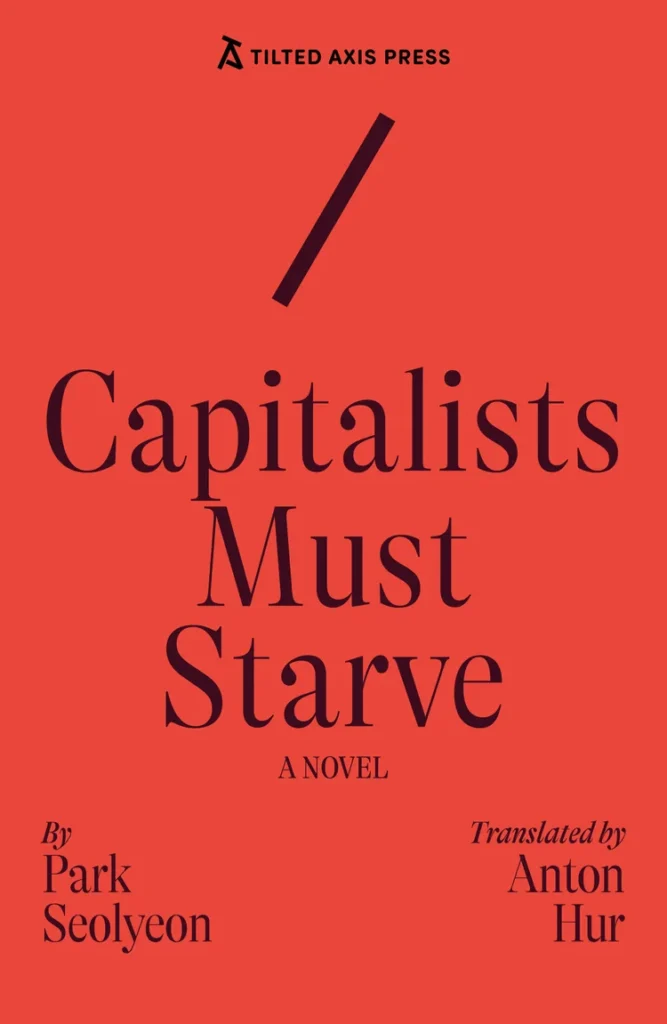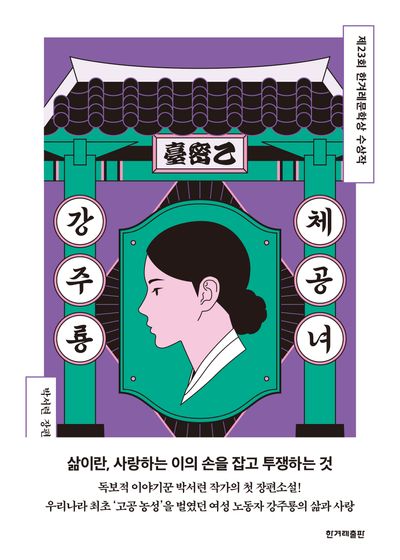Seo Young-In, literary critic
‘The exuberant, self-determined protagonist who worked, fought, and loved, captivates readers the whole time. Through this character, who advances boldly but without needlessly being tragic, and who ends her life tragically but does not wallow in self-pity or sentimentality, we encounter a completely different female narrative.’
J. Koh, author of The Liberators:
Park’s feminist historical novel, set during Japanese-occupied Korea, urges us to look closely at the words Heinz Insu Fenkl has expressed: “Even when the possibility of death is real, approaching your fear, embracing it, hoping someone might be able to use your dead body as a stepping-stone to move forward toward freedom.” Park dares to ask this century’s most critical socio-political, economic, and ethical questions. This novel is a part of Korean history that can be vital to promote a global consciousness. Among the piercing cicadas, the winds of West Gando, a bellyful of gunpowder, a rubber factory, the taste of chestnut, one feels the pounding hearts of the mothers, daughters, and wives of Korea.’


